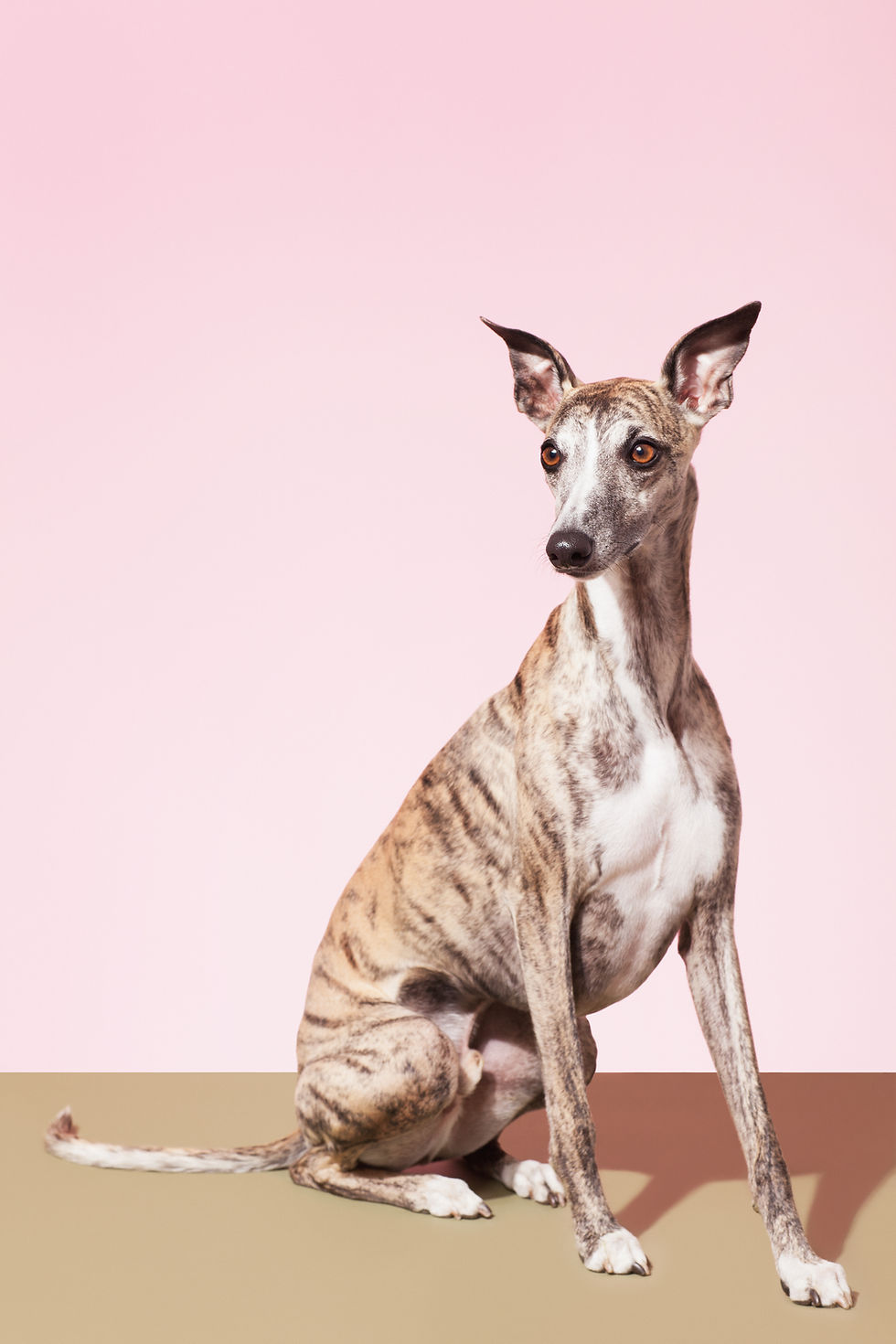Toads And Frogs Decline In British Gardens
- Jennifer J

- Jun 24, 2018
- 2 min read
Toads and frogs have declined in British gardens, a new report shows. A new report shows that UK toads and frogs have declined in recent years across the British Isles.
What Is The Reason For UK Toads And Frogs Declining?
One of the main reason cited in the study is that UK toads and frogs are declining in British gardens due to a decline in garden ponds.
Garden ponds can be essential to many garden species; including UK toads and frogs. They are essential because they offer a source of water, for our garden visitors. But also, they offer a place for amphibians to reproduce.
If these amphibians can't find a suitable place to reproduce, then they will decline. These amphibians also need a source of water to survive, as they are amphibious animals. Without that water, they cannot survive.
The Results Of The Study Of UK Toads And Frogs
The results of the RSPB Big Garden Birdwatch study of UK toads and frogs found that toads and frogs are declining because 'garden ponds are going out of fashion.'
There were thousands of fewer ponds being built in British gardens; leading to the decline of the amphibian in gardens.
In saying that though, frogs fair well. These little animals were the most common garden visitor. Frogs were seen by 76% of the people who participated in this study. Only 39% however, seen frogs on a monthly bases. Toads were only seen by 20% of people on a monthly basis, down by 24%
What Can You Do To Help Toads And Frogs?
You can help these amphibians by placing a pond in your garden. If you place a pond in your garden, make sure that it has an easy exit for other wild animals, if they fall in - such as hedgehogs and mice.
You can also make your garden more friendly to nature. Instead of paving off your garden, or using fake grass, try and keep your garden as natural as possible. Have a wild part of your garden, were wildflowers and plants can grow. Even a small difference or help, can make a big difference for wild animals.



Comments